Cryptocurrency exchange Liquid has announced that it has cancelled the gram token sale on its platform.
Last June, Liquid had announced that its plans to exclusively offer Telegram Open Network (TON) token, Gram, via public token sale, after being selected by Gram Asia, the largest holder of Grams from Asia, to lead the token sale. In the following month, it conducted the token sale of Gram, priced at $4 per token.
Later in September, the exchange revealed that the funds of customers who participated in the Gram token sale were stored securely in a blockchain wallet.
In an online post dated Jan. 10, Liquid said:
“The Gram Token Sale on Liquid has been cancelled, and all funds previously held in escrow by Liquid have been returned to Liquid users who participated in the Gram Token Sale.”
Liquid explained that it cancelled the token sale because it was required to do so as per the Gram Token Sale Terms of Sale, which state that the exchange must return “all funds committed by Liquid users in the Gram Token Sale due to the fact that the TON mainnet was not launched by 30 November 2019.”
Telegram’s official statement
Just recently, Telegram issued an official statement on the TON blockchain and gram tokens. The messaging giant clarified that any website claiming to be offering Grams to the public are not affiliated with it.
It explained that the tokens will be created and available to purchase only when the TON Blockchain launches. Telegram said that the TON Blockchain on which Grams will function is still in a Beta Test phase. The launch date of the TON Blockchain has been postponed to April 2020.
Legal battle with SEC
The latest update in the ongoing legal battle between the Securities and Exchange Commission (SEC) and Telegram is that the latter has been asked by a U.S. court to produce its bank records.
The SEC obtained an emergency restraining order against the company last October alleging it conducted an unregistered securities offering in the U.S. and overseas in which it raised over $1.7 billion. Telegram has been denying any wrongdoing on its part and insisted that grams are not securities.
The SEC had requested a court order to force the company to disclose its bank records, which would reveal how it spent the funds raised in the initial coin offering (ICO). It also produced evidence showing that Telegram continued to sell its gram tokens even after its ICO concluded.





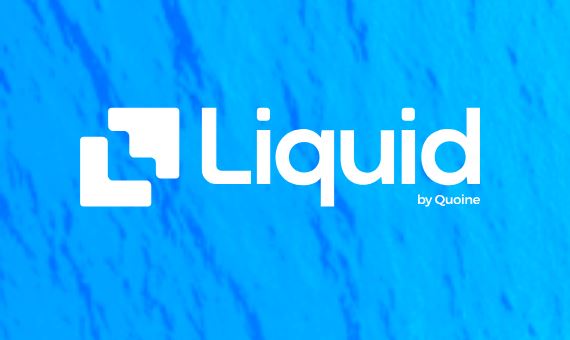
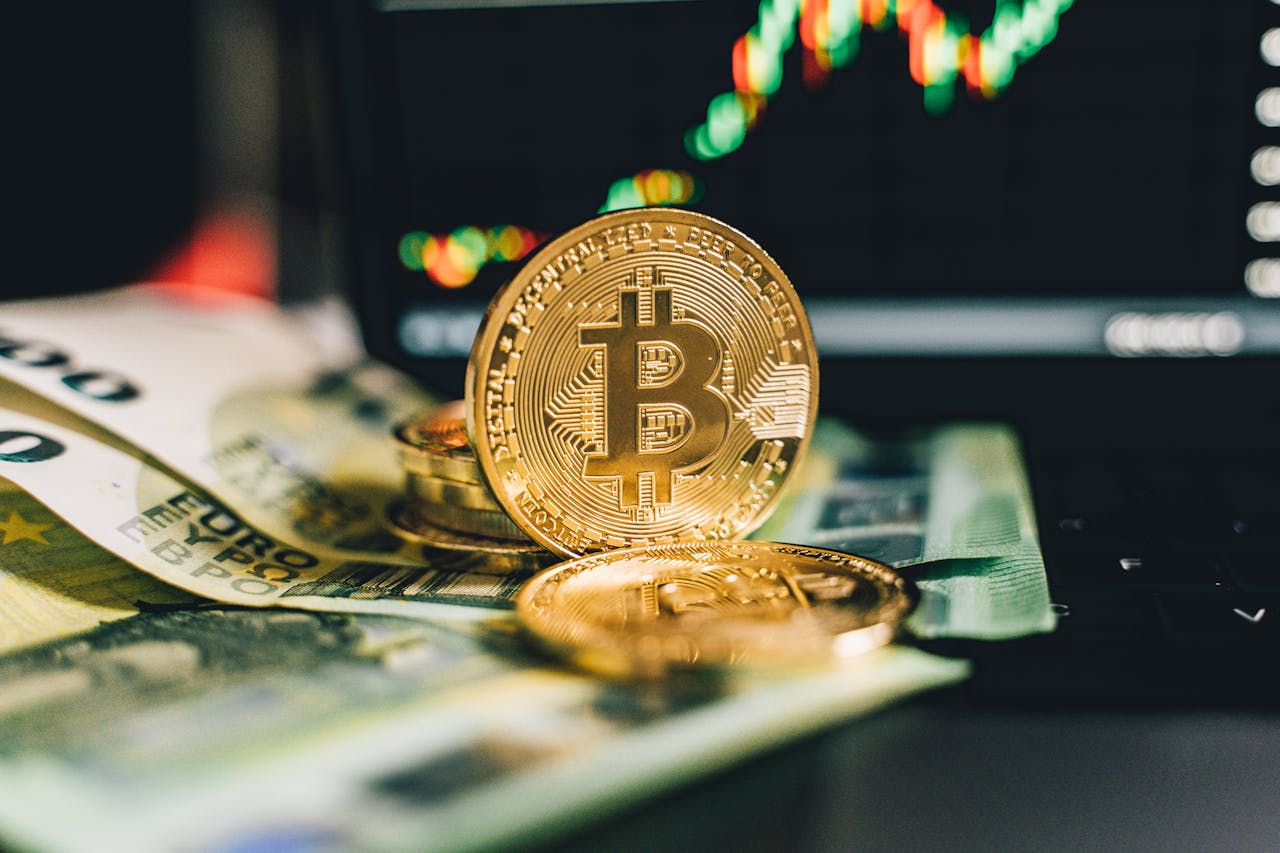
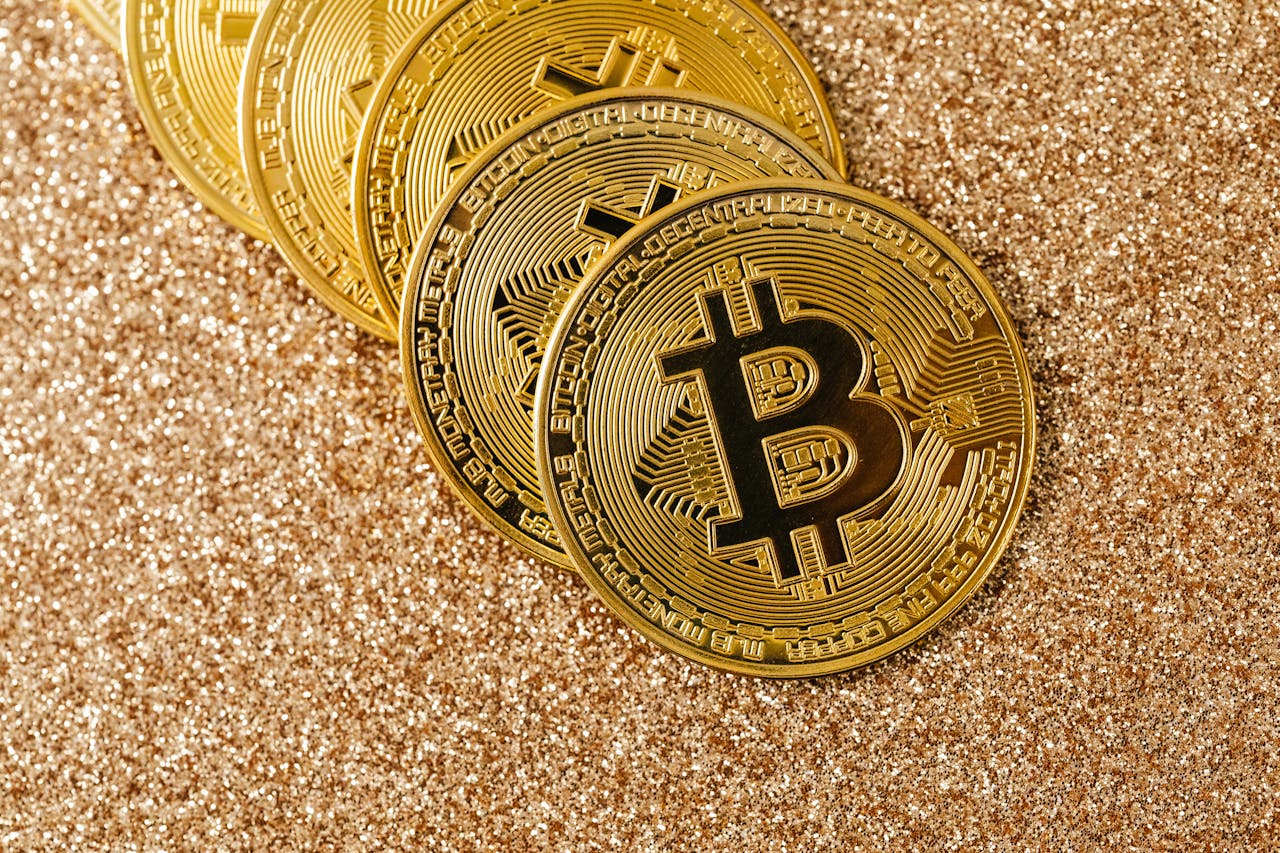
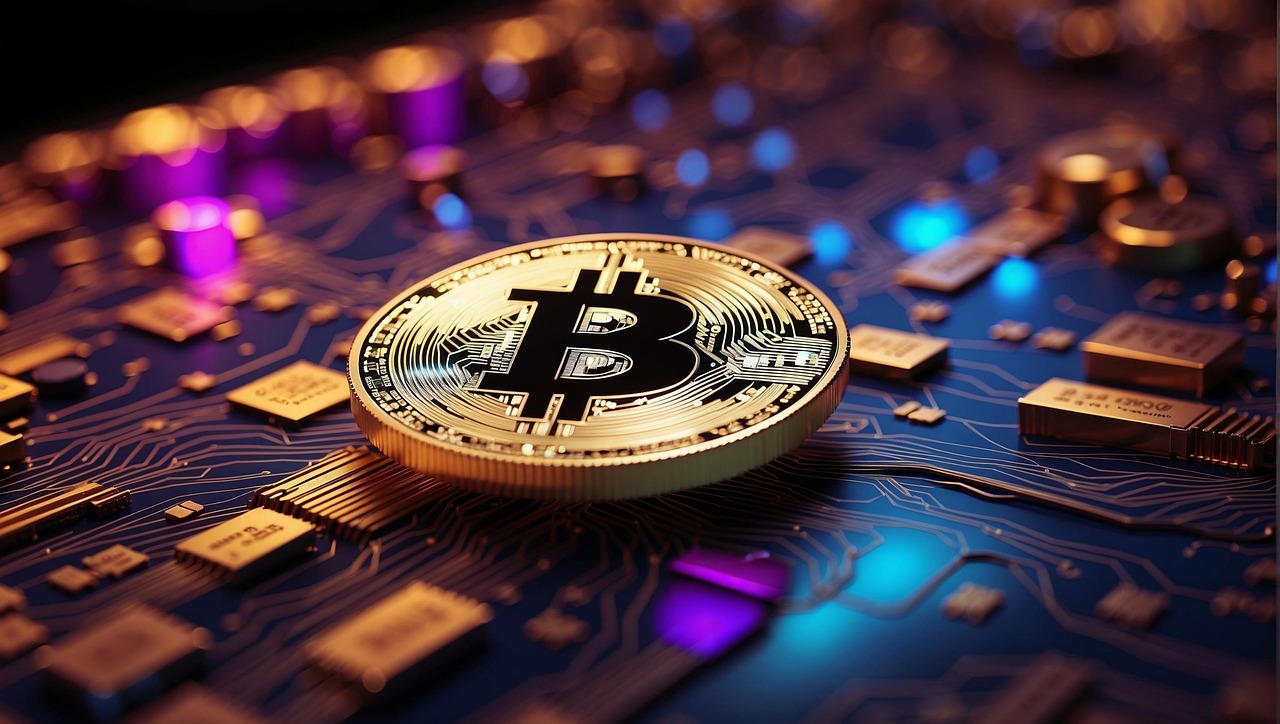
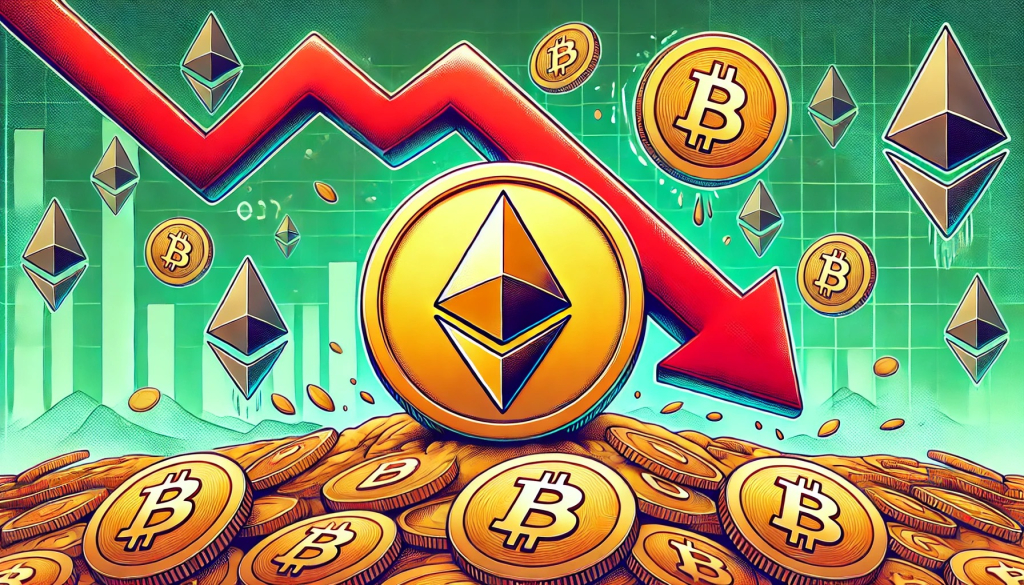

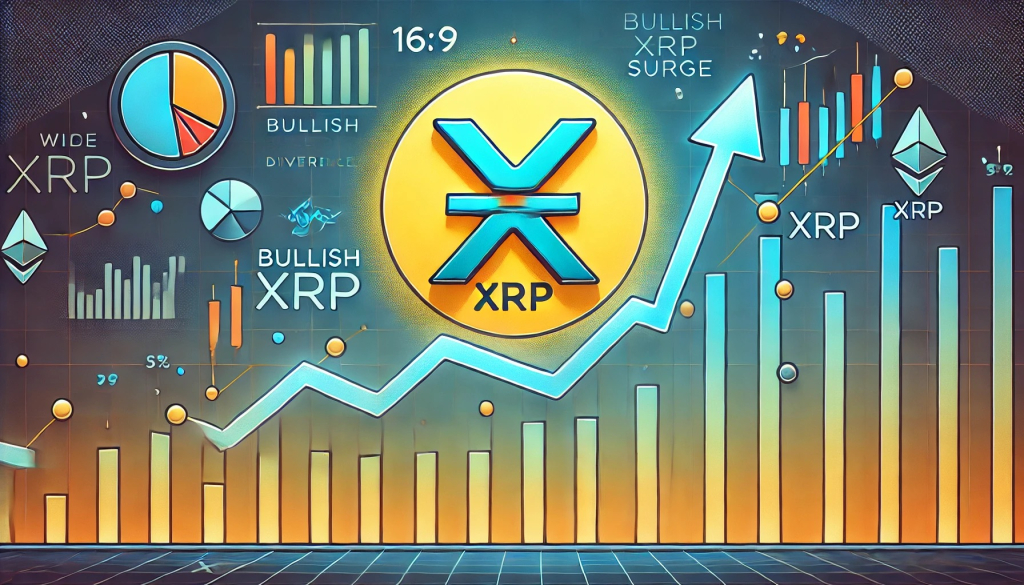

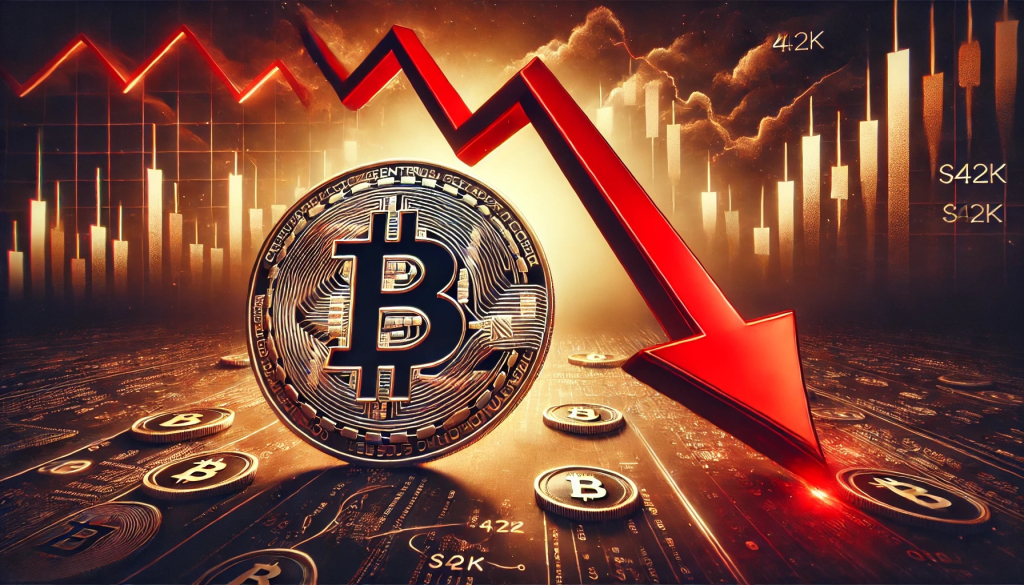
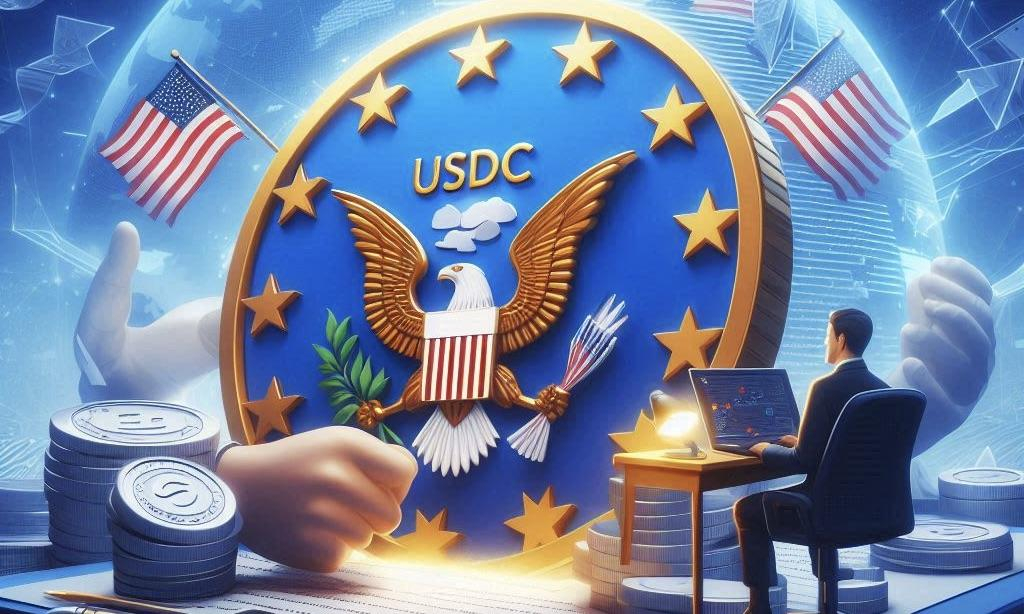
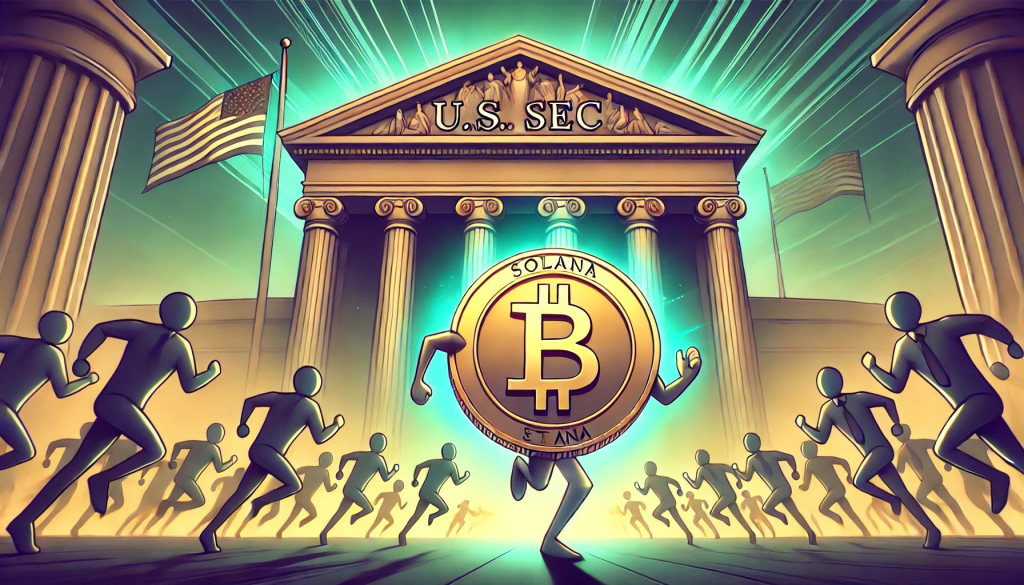








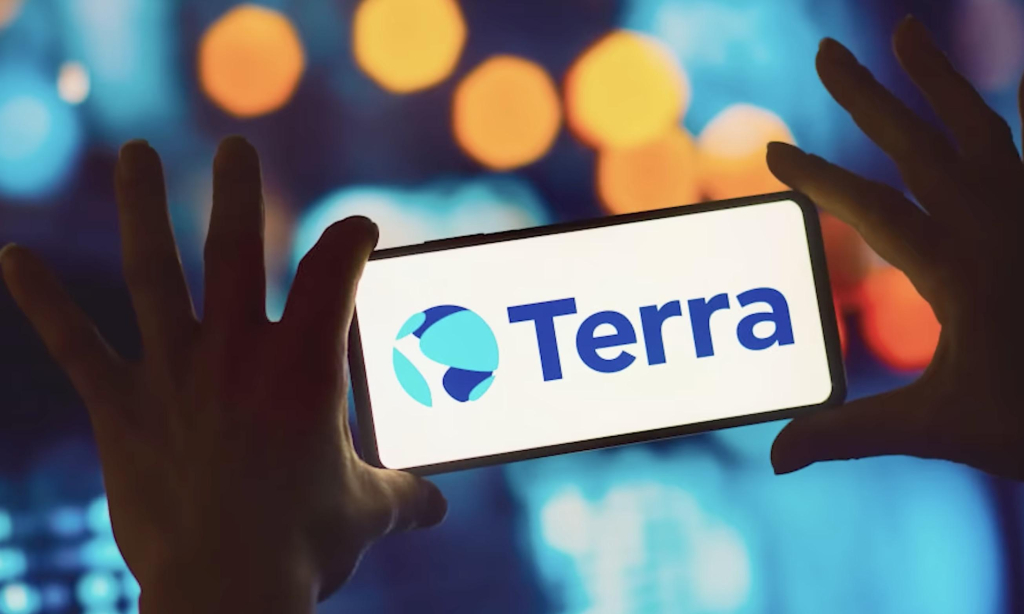
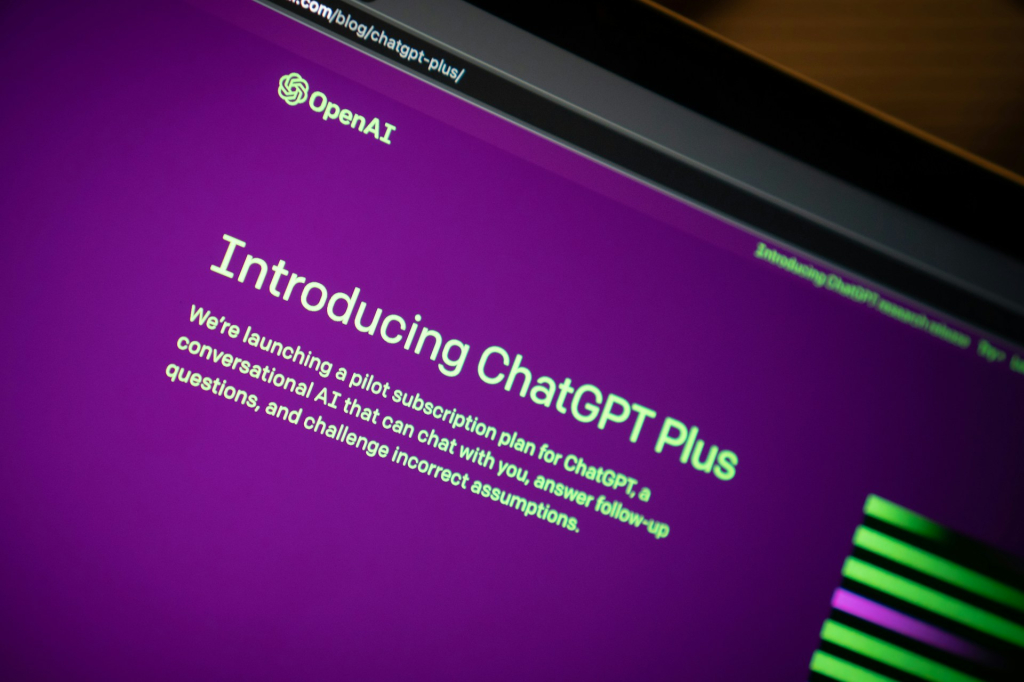
Comment 9